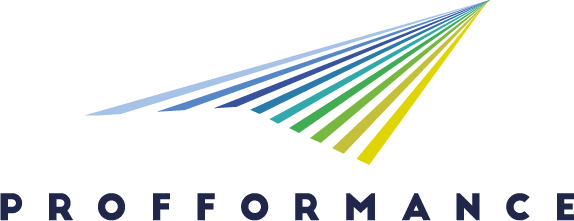BLePPT
Blended learning program for postgraduate teacher training
- 01 - Education
1. Student-centered course design
Faculty of Pedagogy of the Károli Gáspár University of the Reformed Church has started the complete methodological transformation and development of postgraduate teacher training programmes. It was based on former research programmes, the expectations and needs of the target group and the changing challenges of pedagogical work in the light of digitalization and growing number of students with special needs in public education. The project involved a wide range of pedagogical knowledge from university theoretics to professionals of teaching methods and practice and the national pedagogical service centre of the Reformed Church, the Reformed Pedagogical Institute. The aim of the project is not only to collect the state-of-art pedagogical knowledge and practice but to deliver it for the target group in the appropriate way. For this reason, methodological questions and quality assurance of the education program were also highlighted. Professionals shared good practice in the field of pedagogy, methodology, theory, and practice. Not only because national legal environment and the national Curriculum incorporated EU policies’ main goals UN 2030 Goals (see 4.1 and 6.4), but the fact that teachers of public education face with the growing problem of integration of disadvantaged students of deprived social communities and students with special needs, the content development strongly focused on these questions. To make study time more flexible, the project combines the elements of classroom education, e-learning and distance learning considering the professional content and character of the courses (see 5.1). Making learning way more flexible, digitalization was essential. In this case, digitalization does not mean only using digital platform to deliver course materials but also to a learning-by-practice way of using digital platforms of public education. Courses explain and require the use of these platform, so for the end of their studies, students will have adequate practice and routine to use digital tools in their work. By completing courses, students will have a kind of handbook for good practice and classroom methods. As former postgraduate teacher training programmes were merely classroom contact kind, their quality assurance system was fitted to that teaching practice. For this reason, parallel with program content development, rethinking of quality assurance system is also necessary (see 5.6). Dissemination of the project in ongoing.
Methodology
Tools, equipment, technology used
Outcomes and outputs, main results
Lessons learnt
Adaptability and sustainability of the best practice (for other institutions)
Promotion of best practice
Scope and impact
- Course/department level
- Faculty level
- Institutional level
- Cross-institutional level
- National level
6.1 Digitalization
- Outstanding, innovative, excellent practices of online / blended / hybrid learning
- Digital skills development and assessment both general and profession-related, embedded in course design, in teaching and assessment
Reasoning: All course material focuses on the development of digital skills. Either by use digital platform, task to complete the course, or sample exams. Moreover, various digital platforms are involved in courses and examination like MS Teams, Excel, Word, Forms, Power Point, UniPoll, Redmenta, SmardtBoard apps. Course on digital innovation in public education focuses directly on tools and methods of digital education. Comprehensive learn-by-practice view is one of the main characters of the programme.
6.2 Internationalization
- Developing students' multicultural awareness
Reasoning: Hungary has 13 nationalities recognised by law. Moreover, there are more and more labour migrants with their families. Mentioned National Curriculum is compulsory for all (nationality and religious too) public schools. For this reason, course Questions of integration and segregation, multicultural education is designated to this topic as directly focuses on multicultural awareness. As teachers faces multiculturalism in their work, the programme shares good practice in that field, too.
6.3 Inclusion and diversity, universal design
- Innovative teaching methodology for inclusion and meet diverse student needs
- Senzitivizing students to consider special needs when practicing their profession
- Course includes hints on how the services/products of the profession could be universally designed/inclusive
Reasoning: Programme meets UN2030 goals “reduced inequalities” as described in Section 6.4. Course materials introduce innovative methods of integrative schools and share best practice. As students have to show the adaptation of these practices and methods in case studies to complete the course, they have to built them into their pedagogical work. They also have to point out and critically present services provided by their schools for disadvantaged students and students with special needs.
6.4 Sustainability
- Special courses reflecting to UN 2030 Sustainability goals, Green Deal - mini-courses, microcredentials
- Other:
As student recommendation letter states, to complete studies, students had to travel 30 times to Nagykőrös from all over the country. Reducing the number of trips has a positive impact on the environment.
Reasoning: “Reduced inequalities” is one of UN 2030 goals. As the part of the curriculum, the following courses focus on inequalities and pedagogical methods to reduce inequalities in school: Romology (Roma students in public education), Questions of integration and segregation, multicultural education, The basics of compensatory and differentiating pedagogy. Sustainability and social responsibility are mandatory part of National Curriculum that postgraduate teacher training must comply with.
3.3 Public contact datas
| Name | Email address | Website |
|---|---|---|
| Dr. Ágnes Tolnai | tolnai.agnes@kre.hu | https://pk.kre.hu/index.php/oktatas/kepzeseink/pedagogus-szakvizsgak.html |

